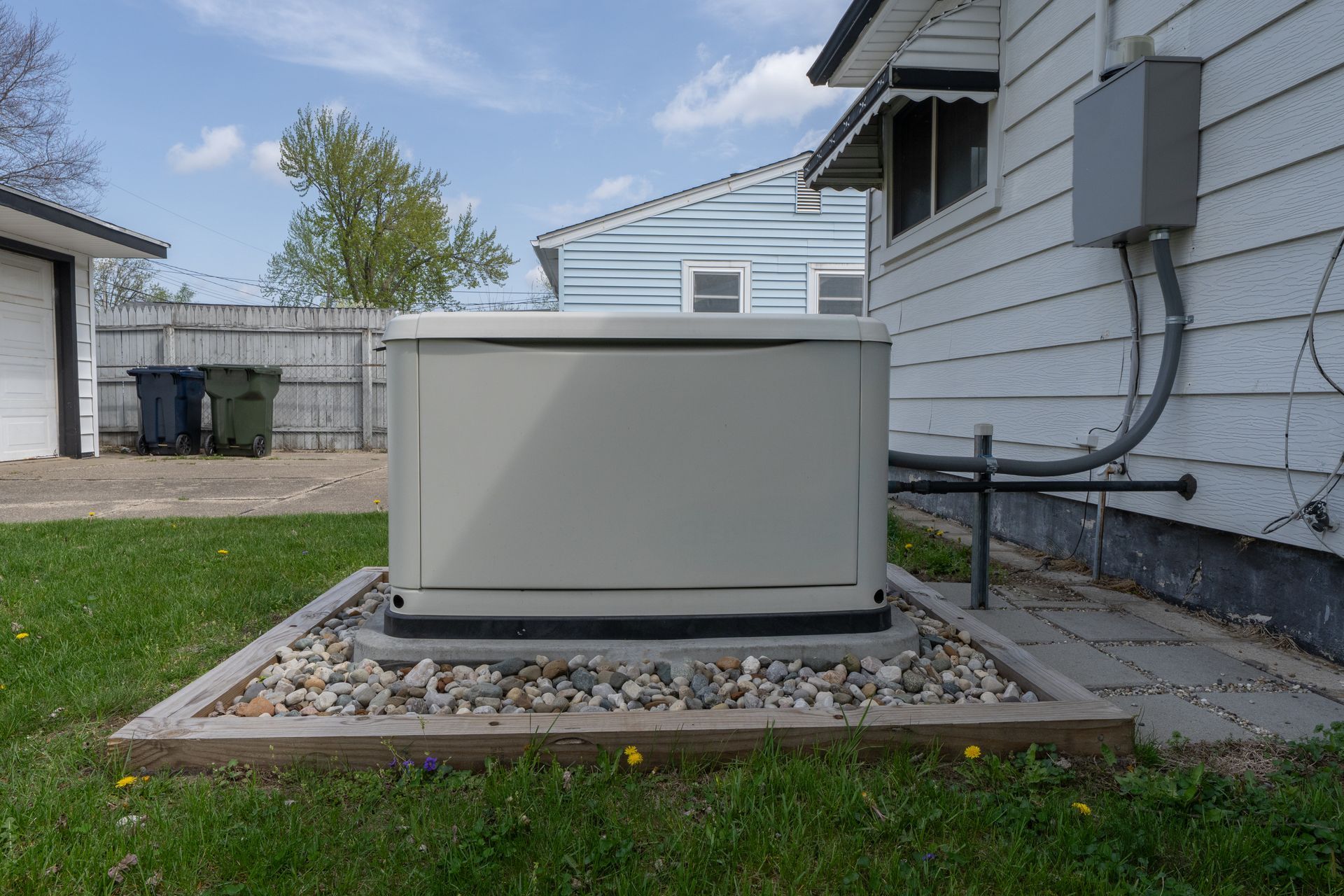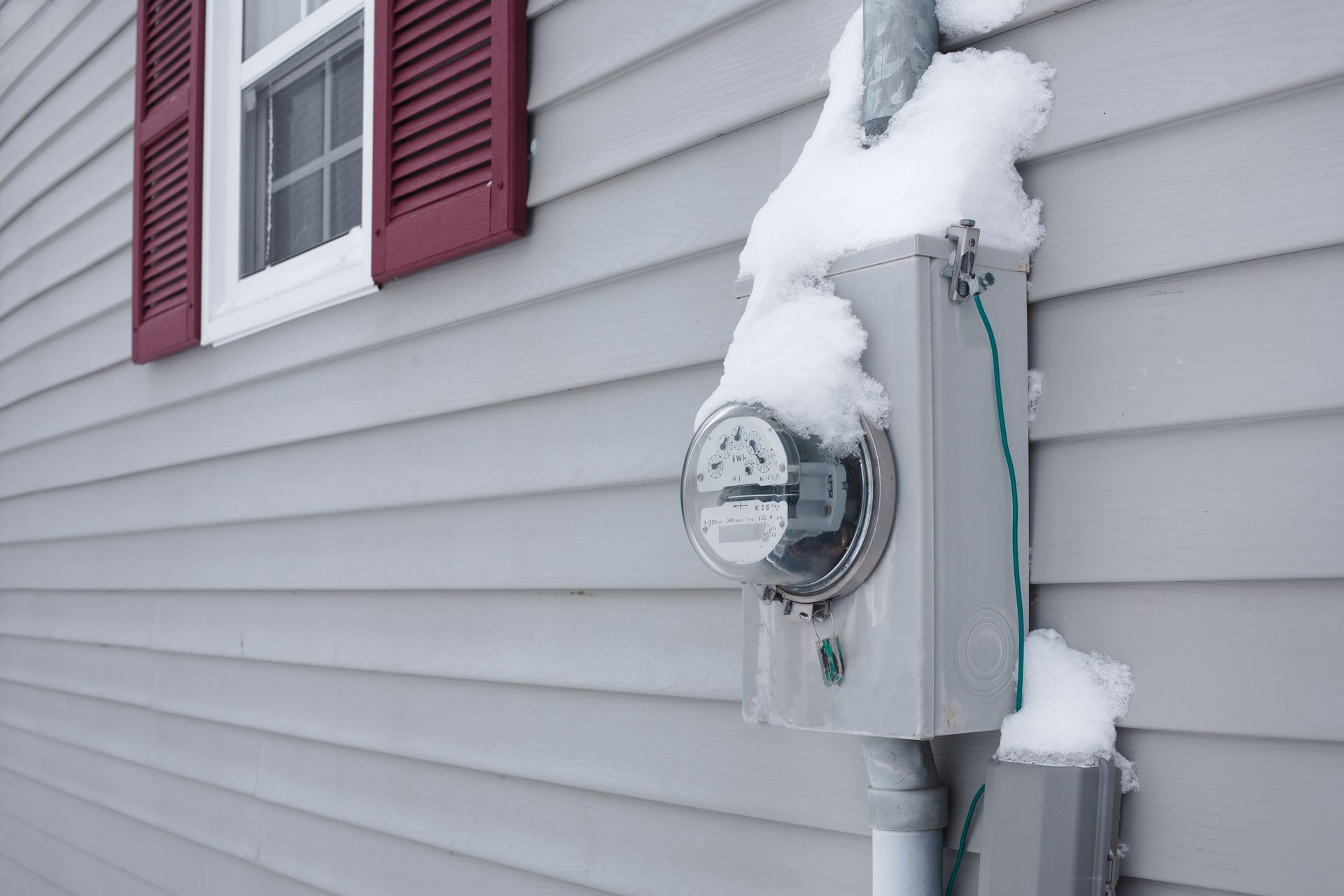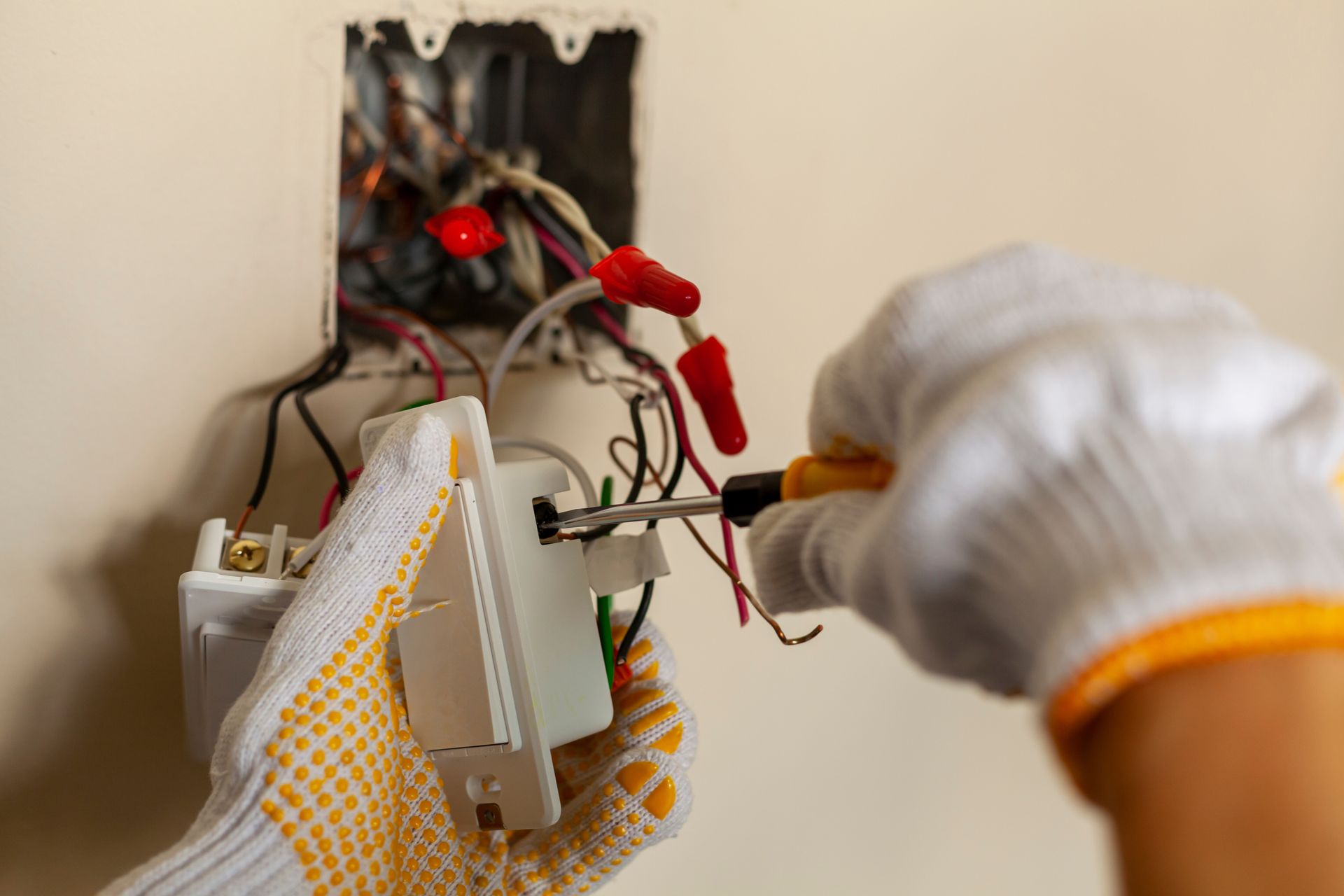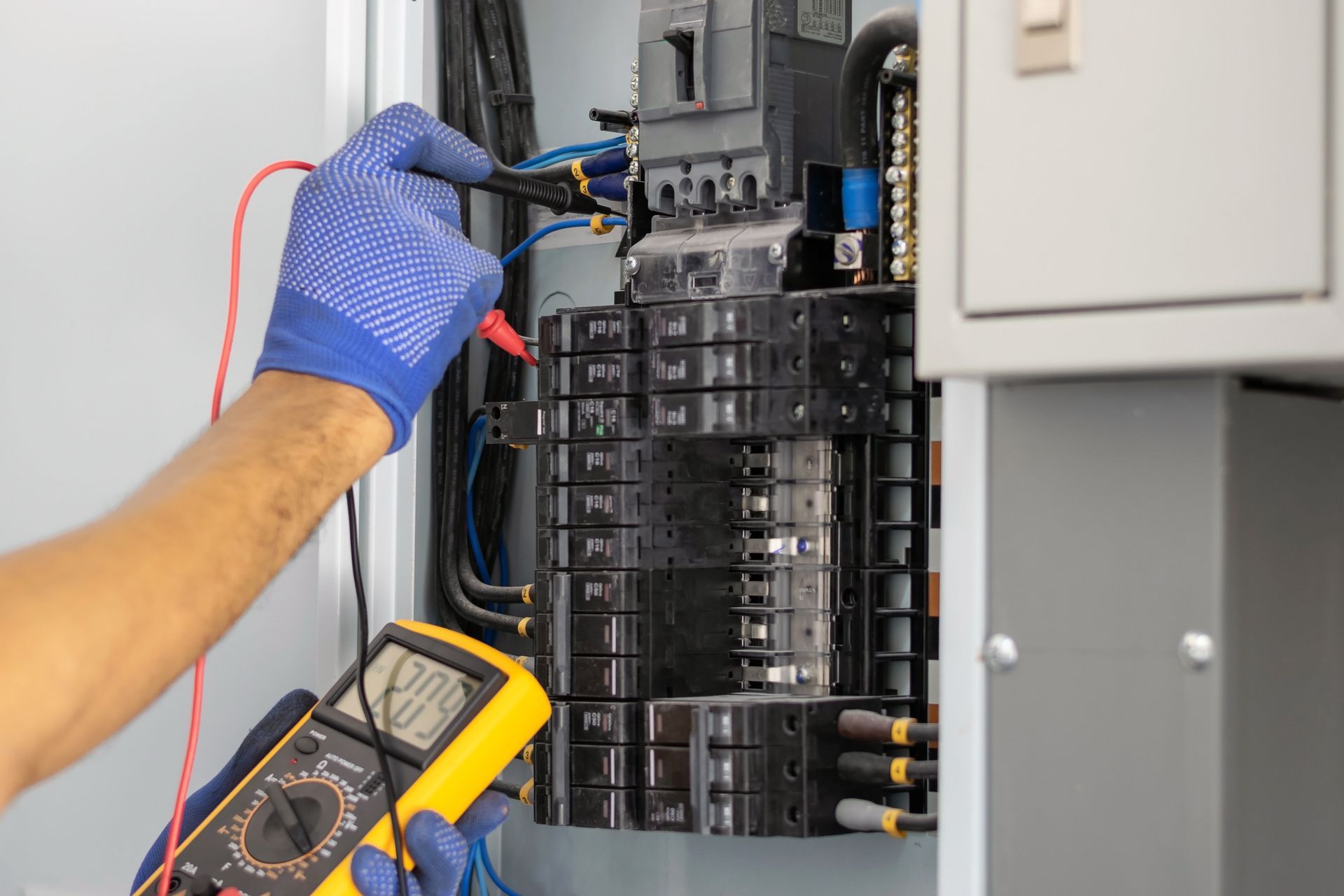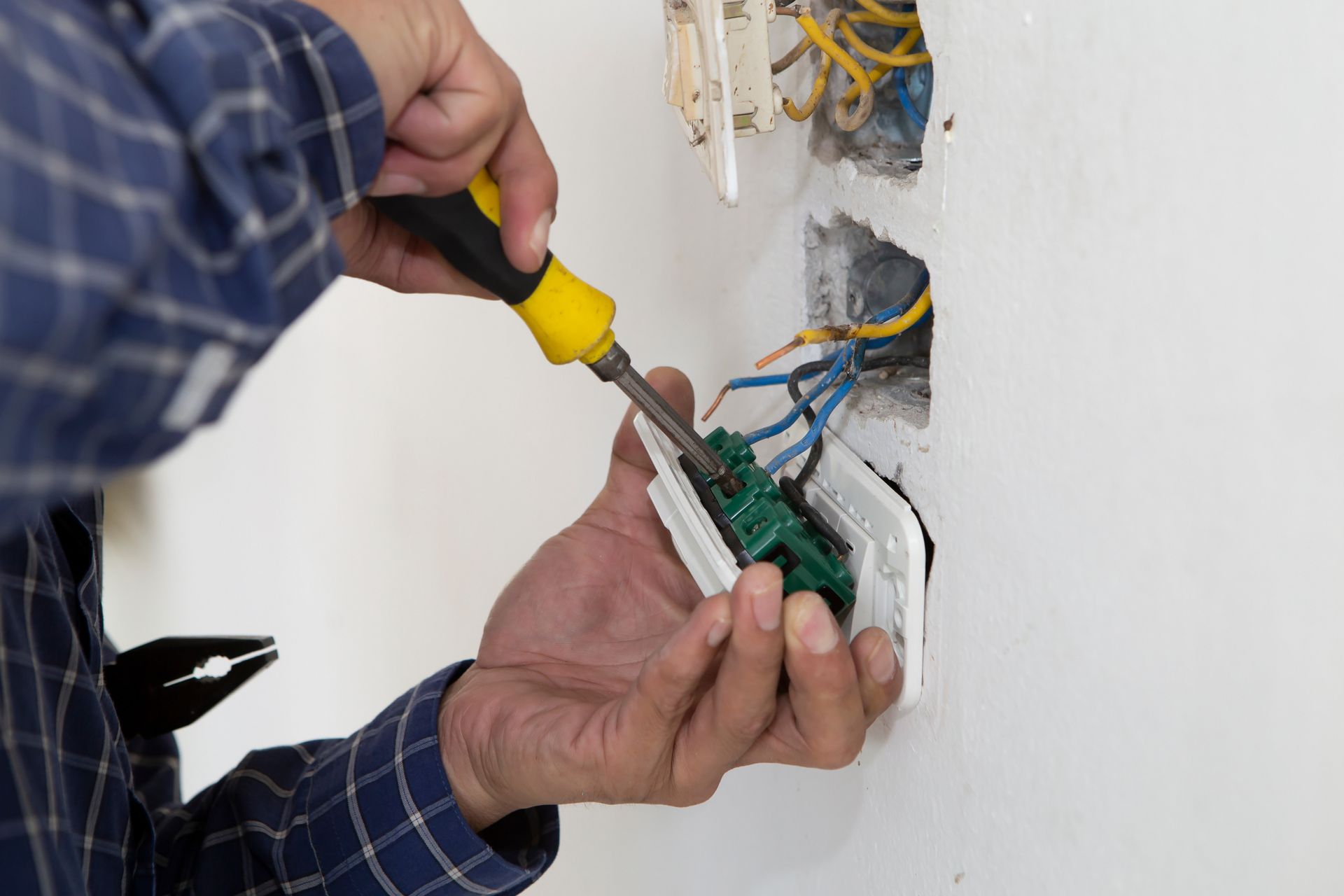Electrical Experts Unveil Crucial Strategies for Handling Electrical Fires: Essential Safety Tips Revealed
In today's world, where our lives are intricately entwined with electrical devices, the risk of electrical fires has become a significant concern. These fires account for a substantial portion of domestic and commercial fire incidents globally, posing unique dangers due to their unpredictability and potential for rapid spread. Understanding the nature of electrical fires is not just a matter of technical expertise; it's a critical aspect of household and workplace safety.
Causes of Electrical Fires

Electrical fires, a prevalent threat in both residential and commercial settings, can stem from numerous sources. Central to these are issues related to faulty or antiquated electrical systems and the misuse of electrical appliances.
Faulty Wiring: A Primary Culprit
One of the most predominant causes of electrical fires is faulty wiring. Wiring that is damaged or improperly installed can result in overheating, which may ultimately lead to a fire. This risk is amplified when the wiring is concealed within walls, making early signs of trouble less noticeable. In many instances, the problem lies in the wiring's inability to handle the modern load of numerous appliances and devices, leading to overheating and, eventually, ignition.
Outdated Wiring Systems
Particularly at risk are older buildings that haven't been updated with contemporary electrical safety features. In such structures, the electrical wiring may not only be old but also insufficient for current electrical demands. Outdated systems often lack the safety mechanisms that are standard in more modern installations, such as circuit breakers or ground fault circuit interrupters (GFCIs). These older systems may not be equipped to safely handle the electrical load required by modern appliances, making them especially susceptible to overheating and fires. The lack of updated wiring and safety devices in these buildings poses a significant fire risk, necessitating careful monitoring and, ideally, a complete electrical upgrade to meet current safety standards.
Overloaded Circuits and Power Strips
Another common cause of electrical fires is overloaded circuits and power strips. In an era where electronic devices are integral to daily life, it’s common to find numerous devices plugged into a single outlet. Overloading outlets, especially with high-wattage appliances, can cause the circuit to overheat, leading to a potential fire. Power strips and extension cords, often used to increase outlet capacity, can contribute to this problem if not used properly. It's essential to understand the capacity of circuits and use power strips that have internal overload protection.
Neglected Appliances and Misuse of Electrical Equipment
Electrical fires can also originate from appliances and electrical equipment, particularly when they are old, poorly maintained, or misused. Common household appliances like space heaters, electric stoves, and dryers are frequent contributors when not used according to the manufacturer’s instructions or when left unattended. The accumulation of dust and lint, especially in devices like dryers, can ignite when exposed to high temperatures. Furthermore, using appliances with frayed cords or bypassing safety features can lead to dangerous situations.
Avoiding Electrical Fires: Proactive and Preventative Measures
Preventing electrical fires involves a combination of regular maintenance, adherence to safety standards, and the prudent use of electrical appliances and systems. By taking proactive steps, homeowners and businesses can significantly reduce the risk of these potentially devastating events.
Here are a few practical strategies to help avoid electrical fires:
- Regular Electrical Inspections: Periodic inspections by a certified electrician can identify potential hazards and ensure that all electrical systems are up to code.
- Updating Electrical Systems: For older buildings, it’s crucial to upgrade the electrical system to meet current safety standards and accommodate modern devices' load.
- Proper Use of Electrical Appliances: Following manufacturer instructions and avoiding overloading outlets and power strips can go a long way in preventing electrical fires.
- Regular Maintenance: Keeping appliances clean and well-maintained, including clearing dust and debris from vents and cords, can prevent overheating.
- Installing Smoke Detectors: Smoke detectors should be installed on every floor of a building and regularly tested to ensure they are functioning correctly.
- Having an Emergency Plan: In the event of an electrical fire, it’s essential to have a plan in place for evacuation and emergency response.
An ounce of prevention is indeed worth a pound of cure, especially in mitigating electrical fire risks. By understanding the causes and conscientiously implementing the preventative measures outlined above, we can make significant strides in curbing these fires. It's sobering to note that the U.S. Fire Administration reports that electrical fires account for approximately 13% of all residential fires in the nation [1]. Thus, our collective attention and proactive approach to electrical safety can potentially save numerous lives and billions of dollars in property damage annually.
If you are experiencing electrical issues in your home or workplace, do not hesitate to seek professional assistance your local licensed Electrician B Town Electric. B Town Electric proudly serves Western Mass including towns like Agawam, Northampton, Springfield and Wilbraham. Contact us today to schedule a free estimate or to schedule an inspection.
Sources
[1] https://www.nfpa.org/News-and-Research/Data-research-and-tools/Electrical/Electrical#:~:text=Electrical%20failures%20or%20malfunctions%20were,months%20from%20November%20through%20February.
Questions? Contact our main office
Schedule a Free Quote. Submit a free quote request online
